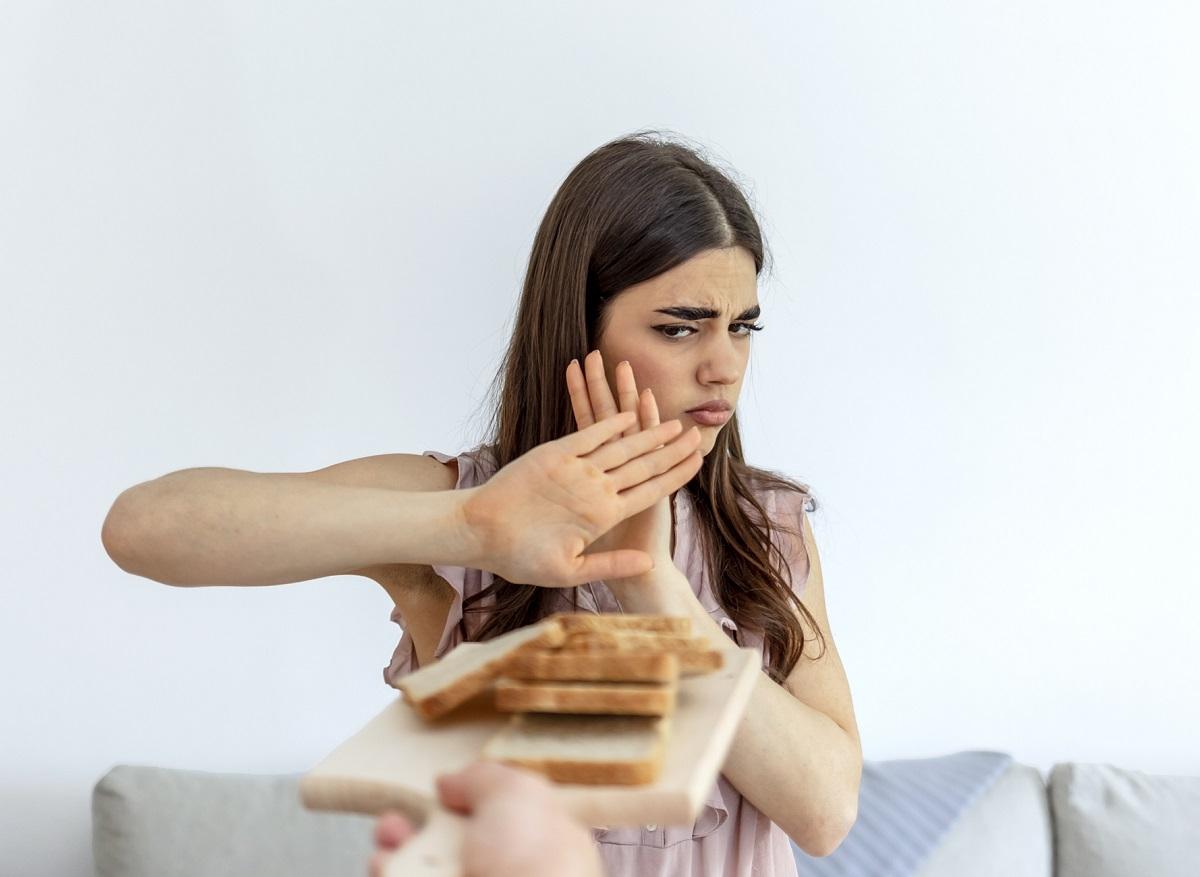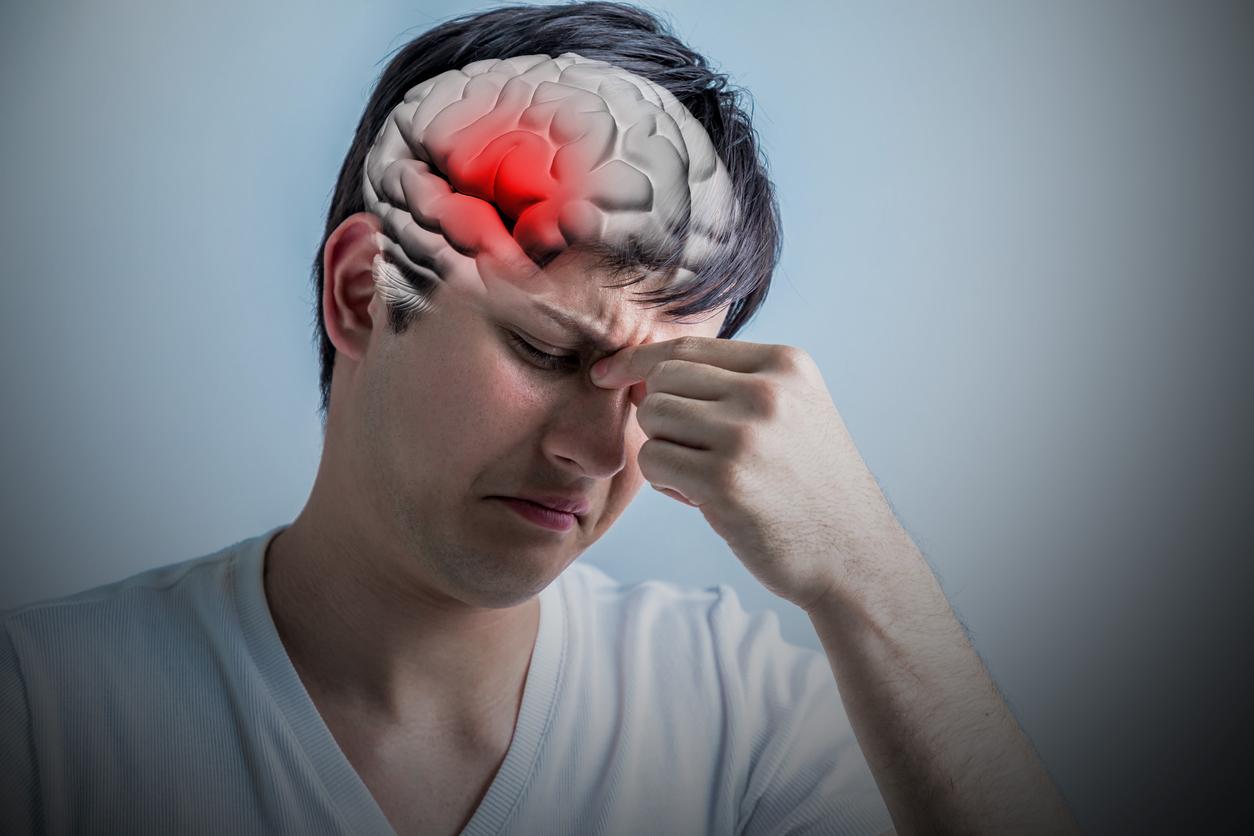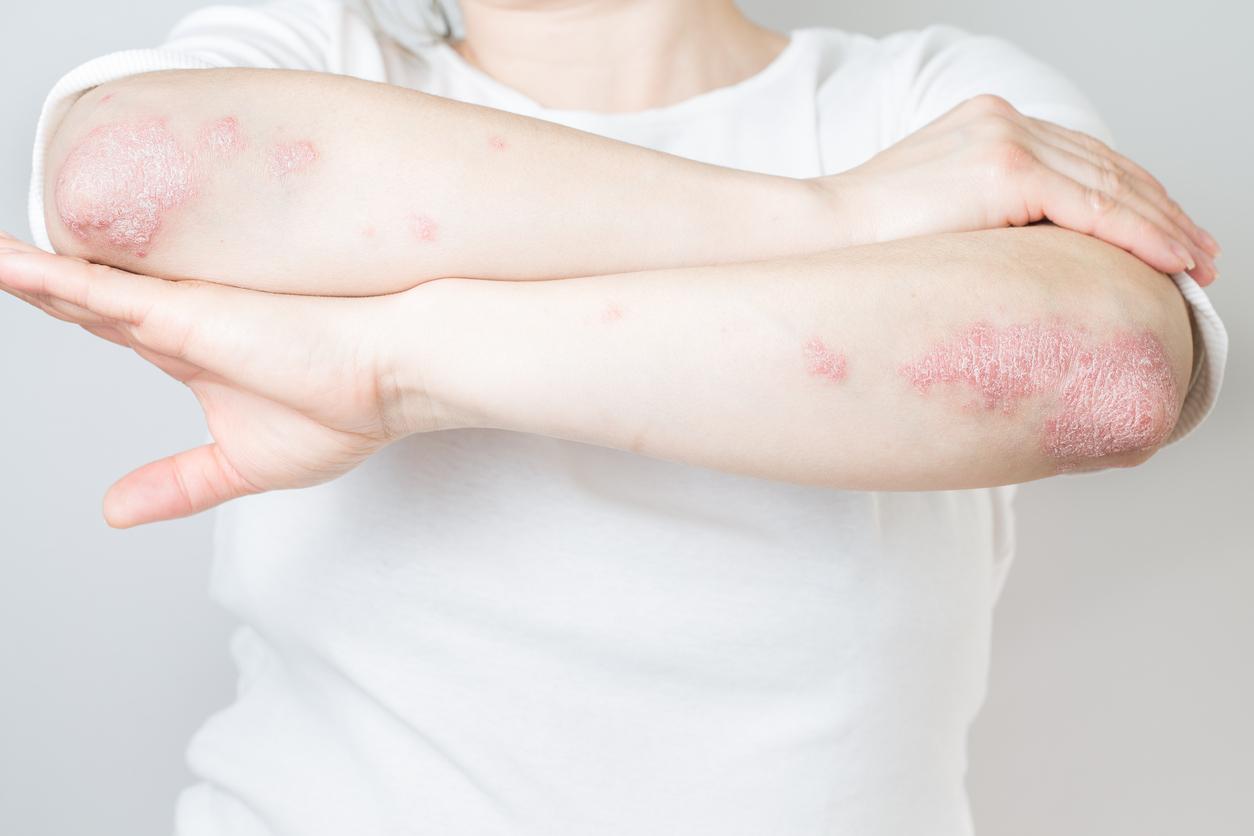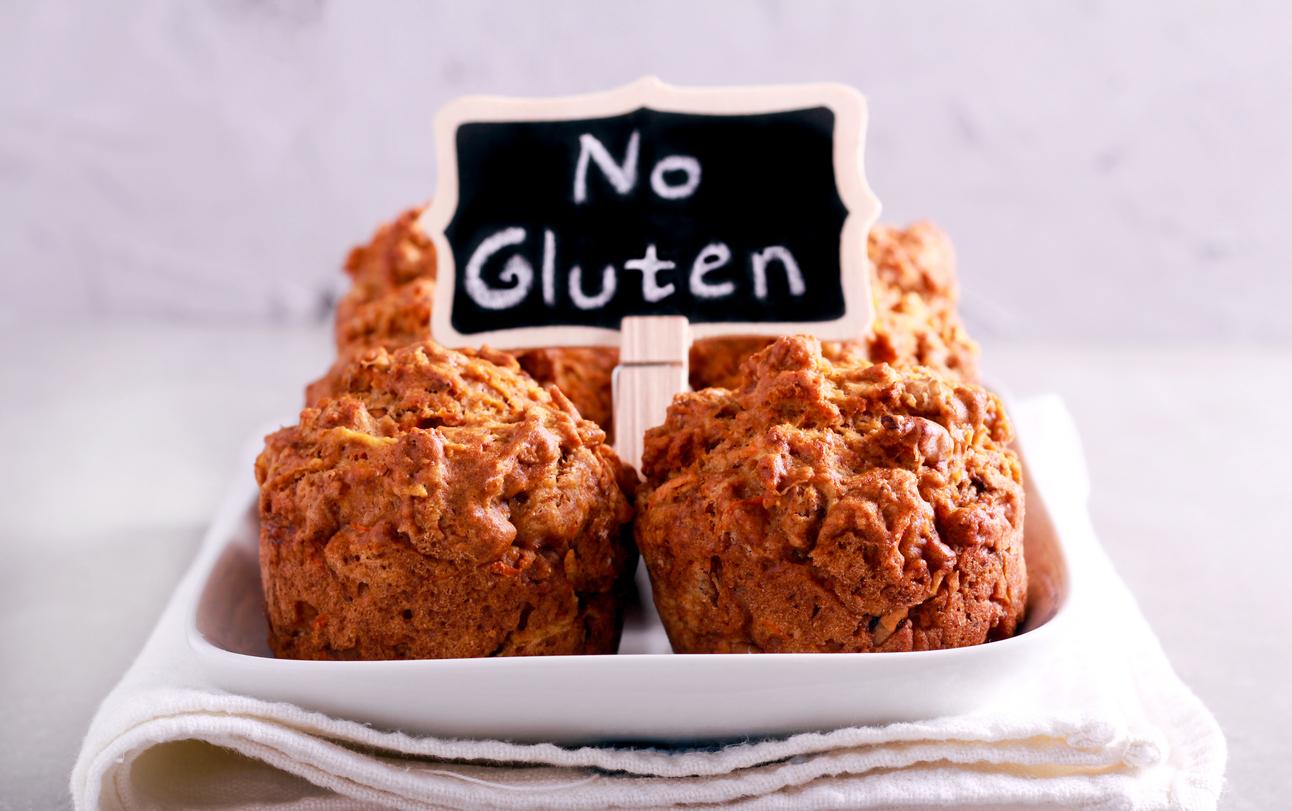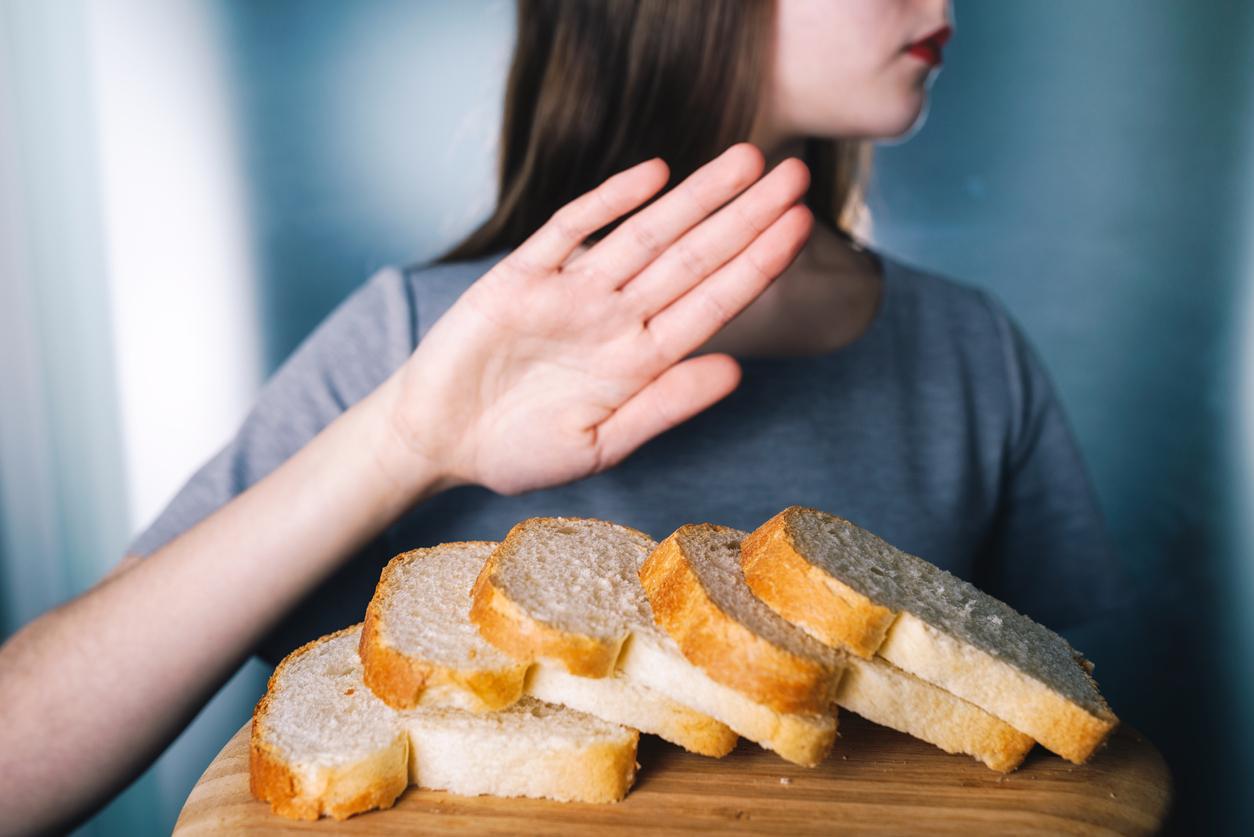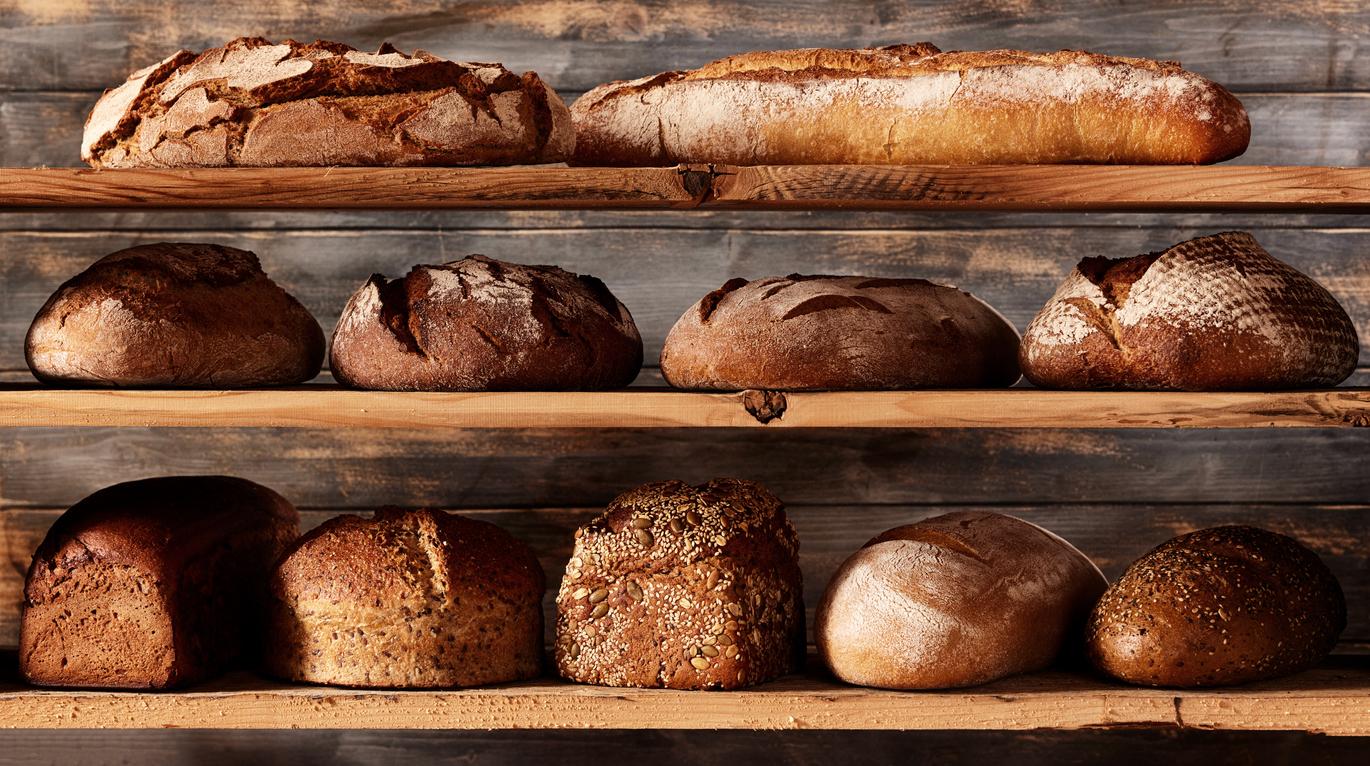From supermarket shelves to restaurants, gluten-free foods are becoming increasingly popular. Pourquoidocteur takes stock with Dr Jean-Christophe Létard on the supposed or proven benefits of the gluten-free diet.
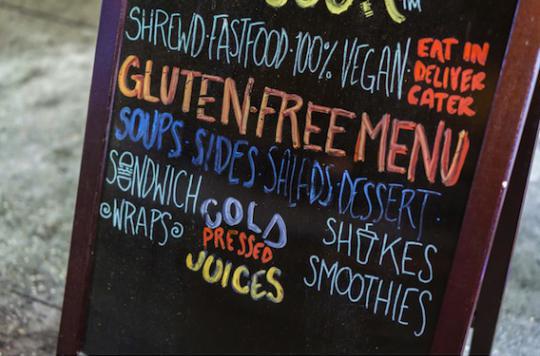
In bread, pasta, but also prepared meals, and even some confectionery, gluten is everywhere. And those who have decided to ban it from their diet are more and more numerous, often inspired by the testimonies of personalities. Among them, the number one in world tennis, Novak Djokovic, who is about to return to the clay courts of Roland Garros. The tennis player published a book last year in which he told how the elimination of gluten had allowed him to get better, and in the process to improve his performance. So just a fad or good food sense? Why actor interviewed Dr Jean-Christophe Létard, president of CREGG (Reflection Club of Cabinets and Groups of Hepato-Gastroenterologists).
Who are the patients who choose to exclude gluten from their diet?
Gluten is a protein-carbohydrate complex, which in particular makes bread bread. In some people gluten can cause illnesses, such as celiac disease, also known as gluten intolerance. Patients who suffer from intolerance have no choice and must eat gluten-free, since this molecule will produce a reaction which gradually destroys the intestinal mucosa.
But the “gluten-free fashion” concerns more people who are not intolerant in the strict sense, but in whom gluten causes functional digestive disorders, discomfort, bloating.

What are the means that exist to determine whether or not one is intolerant?
The mechanisms by which gluten becomes harmful in celiac patients are still not known. But intolerance is a disease with objective markers, which we know very well diagnosed today. In patients with suspected celiac disease, blood tests are done to look for specific antibodies. A fibroscopy is also used to check the condition of the lining of the duodenum.
Jean-Christophe Létard, President of CREGG: ” True gluten intolerance leads to atrophy of the duodenal mucosa and we can clearly see it with the eye …“
For patients who are not strictly intolerant, does it make sense to exclude gluten?
It is not silly indeed. In any case, this is what I recommend in my practice when patients come to consult for chronic intestinal pain. Once I have made sure that there is no underlying pathology, I already suggest that they reduce gluten for two or three months. For example, a young woman of 40, a little stressed, who eats quickly, we can suggest that she cut down on bread. And we observe what happens. In about a third of cases people are doing better. If a little diet helps patients, I don’t see why to change it.
Jean-Christophe Létard, President of CREGG : “For some doctors it is a trifle, since there is no straightforward illness, but these are all the same patients who complain every day …”
Are there risks of deficiency when eliminating gluten from your diet?
There is no risk in eating gluten free. Gluten is mainly found in wheat, wheat and barley flour and to a lesser extent in rye. Either we replace it with other flours, such as corn, or we can now use flours that have been washed to extract the gluten. This allows you to cook almost as usual, and to more or less keep your eating habits.
Jean-Christophe Létard, President of CREGG: “Gluten is mainly present in seeds and flour. There are now wheat flour, washed, which does not contain gluten … “
Among the personalities who advocate gluten-free, some explain excluding it also for their children, is there any interest in that?
Some children are gluten intolerant, and for them there is no choice. But in a child who doesn’t complain about anything, I don’t see the point in making him eat gluten-free. Celiac disease remains very rare (around 1% of the population, editor’s note), so it is early enough to exclude gluten if you are diagnosed with intolerance; to do it in prevention in the small ones is not justified today.
Jean-Christophe Létard, President of CREGG: “You should not crystallize symptoms where there is nothing. A child who does not complain about anything must above all do nothing to him … “
.








